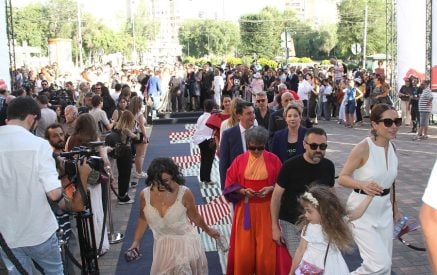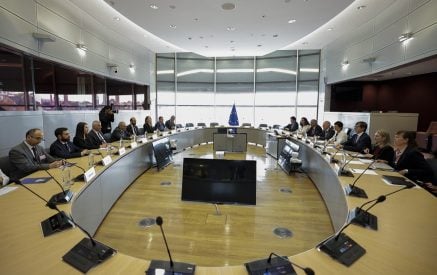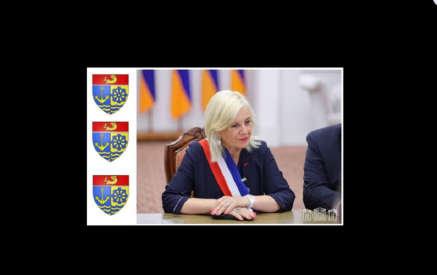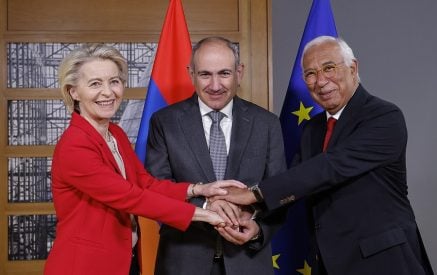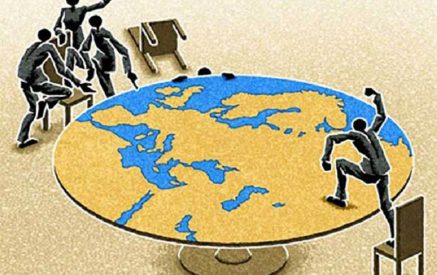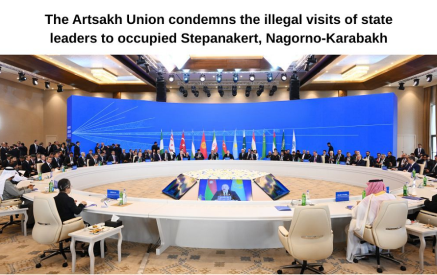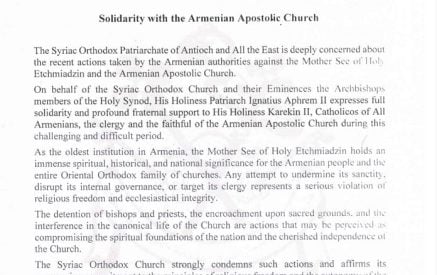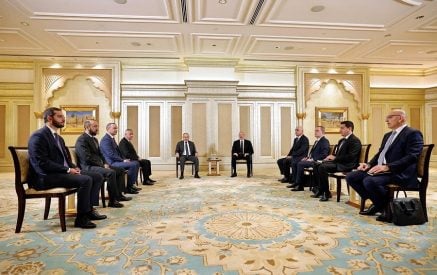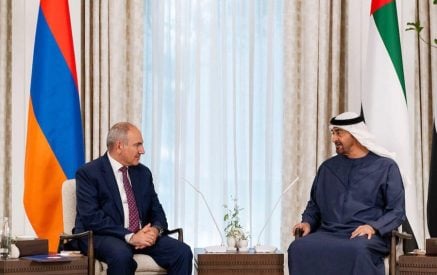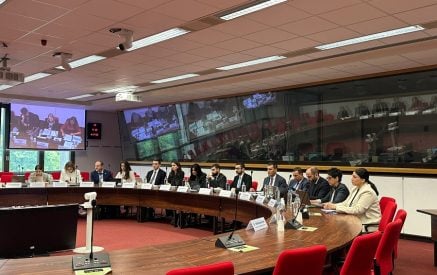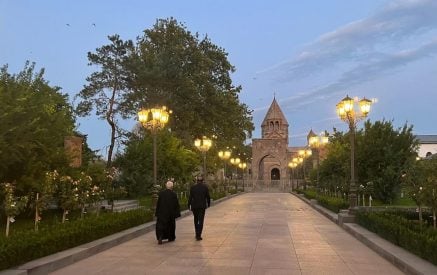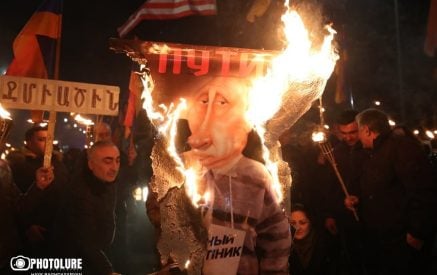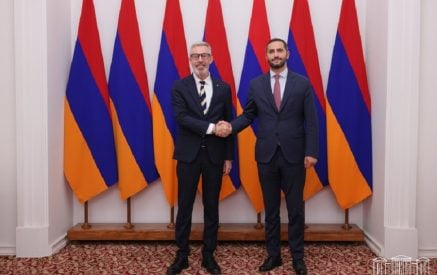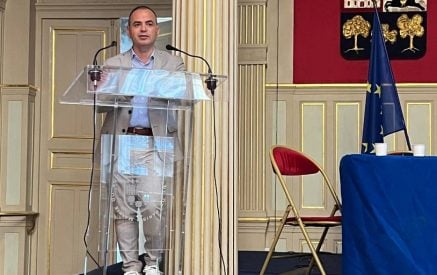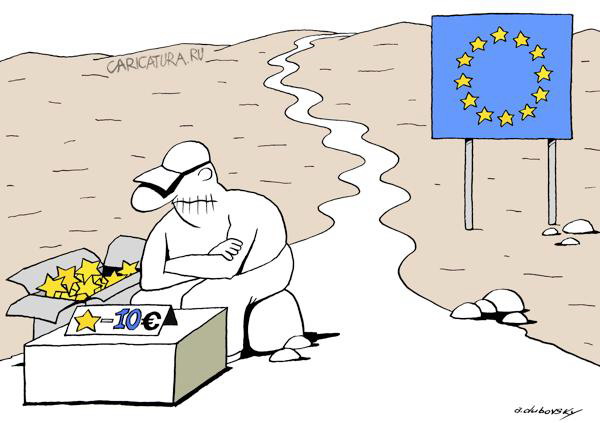How to avoid European- or Russia-centrism
In mid of the 19th century, German philosophers Marx and Engels issued the Communist Party’s manifesto, many allegations of which have become famous proverbs, however, one of them is cited rarely and is interesting as an indicator of the type of thinking. They were claiming that the whole history of humanity is merely a backstory, as it was based on exploitation and inequality of people, and when these vicious phenomena vanish, then the true story of the mankind will begin. Of course, people will continue exploiting each other even half a century later, and its end is not even seen, however, there are two interesting moments here: a/ one scenario is envisaged for the whole of humanity, without taking into account the peculiarities of the peoples living in different corners of the planet, b/ apparently, the entire previous history of humanity is crossed out, it is presented as a mistake, an deviation, at best, as a warming up drill, which will be followed by a true and happy life, during which there will be neither money nor the state.
This is the delusion that serves as a ground for many, not only Marxist, but totally “anti-Marxist” theories. The traditional contrast between barbarism and Hellenism, “savage” and “civilized” nations, “right” and “wrong” path, “intelligence” and “passions” leads to many unpleasant, sometimes also, catastrophic consequences. Europeans often present other peoples’ history as a chain wandering in the dark, until the moment when they had a luck to communication with them, the Europeans, by Crusades campaigns, discovery of America or other means. And even after communicating, these “backward” nations were the source of exotic and the so-called “orientalism”. The “Turkish marches” by Mozart or Beethoven is not associated with real Turks and their culture. The notion that in addition to the European pattern, any other option cannot function leads to significant errors.
I will bring a very simple example. It is accepted to consider that the bourgeoisie is always united with the government against the clericalism, as it was, for example, in France in the end of the 18th century. But the opposite happened in Iran in the late 1970s: the bourgeoisie (mainly small and medium) joined with the clericalism against the shah Pahlavi and his pro-Western reforms, which was a surprise to the very West. The same for Russians. According to them, the history of the South Caucasus, Central Asia, Siberia, Eastern Europe and the Baltic nations is not a history, it was a backstory until the happy moment when the Russians began to “liberate” them.
As you can see, it is an ethnic peculiarity. Forcedly showing the “right way” to “misled” and “deviated” in defiance of them also occurs inside the countries, including us. Is 80% of population against this plan? Never mind, they have no clue about it, we will force, and then they will just say thank you. Going back to the European-centrism or, which in this case is the same, Russian-centrism, let’s view the matter from our, beyond these “centrism” ethnic prospective. There are two paths here: to develop “orientalism,” that is, to import your own ethnic elements in metropolitan culture, or to find and formulate your own (which, of course, is very difficult), and reach it to the European level. Again, I would like to bring an example in music. Our cultural grateful Spendiaryan and Khachaturyan went by the first path. Komitas being educated in Germany chose the second path. The second path is preferential for both, the culture and the politics.
Aram ABRAHAMYAN




